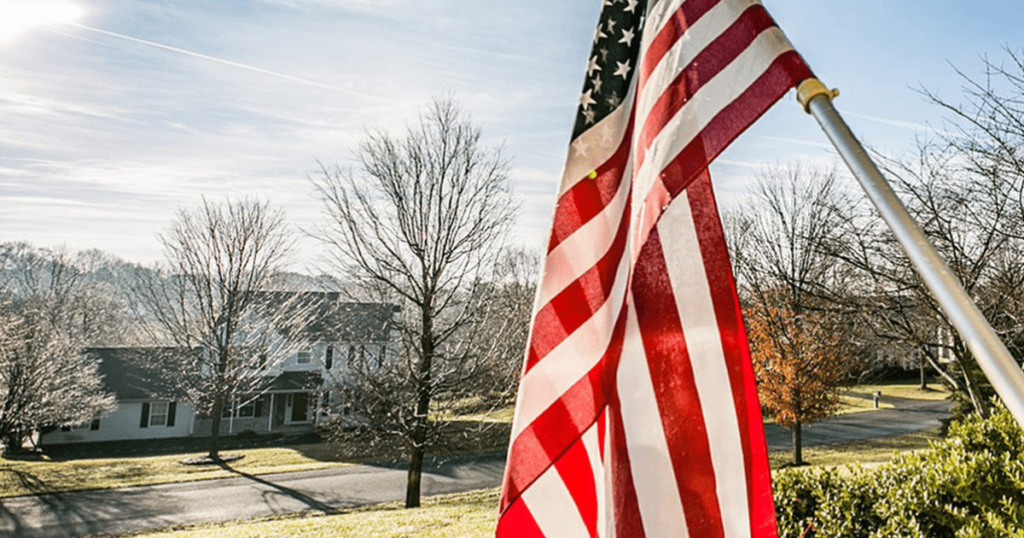One of the most pressing, but often under-discussed issues when military families are making choices about purchasing a home is school choice for those with school-age children. For many, one of the surest ways to hone in on a home search is to designate a particular school zone as a central criterion. This narrows down inventory in an area significantly and can often drive up the prices and values of homes from a desirability standpoint.
Ending part of one school year and completing another school year during a global pandemic, homebuyers who are parents are more aware than ever how school choice impacts the entire family. Below are three areas of consideration when determining whether public or private school is right for your family.
Cost
Whether you go the public or private school route, there are costs associated with each. Obviously public schools technically don’t charge for students to attend, but there can be hidden costs like registration fees, classroom supply fees, school dress code clothes to buy, and other costs like field trips, lunch money, and before and after school daycare. Often within a certain area where military bases are located, zoning and even county lines can determine school choice. Before you purchase a home look closely at the district’s rules for bus transportation and admission if you are inside or outside those boundaries.
Private schools may charge these same fees but they also usually come with an added expense: tuition. Depending on whether or not you have more than one child enrolled that number can often double, triple, or even quadruple depending on the size of your family. As long as you know what you are responsible for financially and are clear on the school’s expectations in terms of paying a lump sum or a monthly billed amount, many families find that private schools can be a good fit for their families.
Commute
In addition to diligently considering the costs associated with public and private schools, another major factor is understanding your child’s transportation arrangements to and from school. Most public schools provide bus transport to and from school if you live inside the school zone. However, some may not if you are close enough that the school deems it walkable or bikeable for your students.
Private schools are often less likely to offer bus transportation to students, but some do. For most private schools with bussing, there is an additional charge for this convenience and service. Whether you are choosing a public school or private school, it is vital to figure out what commute times to and from home and work will realistically look like during peak traffic times. If there are two parents who work outside the home during school hours, it will be important to understand all facets of the commute and transportation situation in your decision-making.
Community
Just as service members and their spouses find community within their neighborhood, their places of worship, and at their jobs, one of the best places for school-age kids to find community is through their schools. There are many factors and priorities for each individual family when it comes to building their school circle and community.
Socio-economic diversity, access to programming, student to teacher ratios, after-school sports, the school’s mission, and parental involvement are just a few areas that matter to families when making school decisions. When it comes time to make the decision for your family, only you know where each of those priorities fall in line for you.
Military families deal with a wide degree of quality and variety of schools from duty station to duty station. Before determining what schools you may choose, do your research. Visit sites like the local city or county department of education, check in with the installation’s school liaison office, do a walk through the schools⏤both public and private⏤in-person, and ask around on installation social media pages to get input from others. And remember, the best education is the one where parents, students, teachers, and school all partner together to achieve the best possible outcomes.



